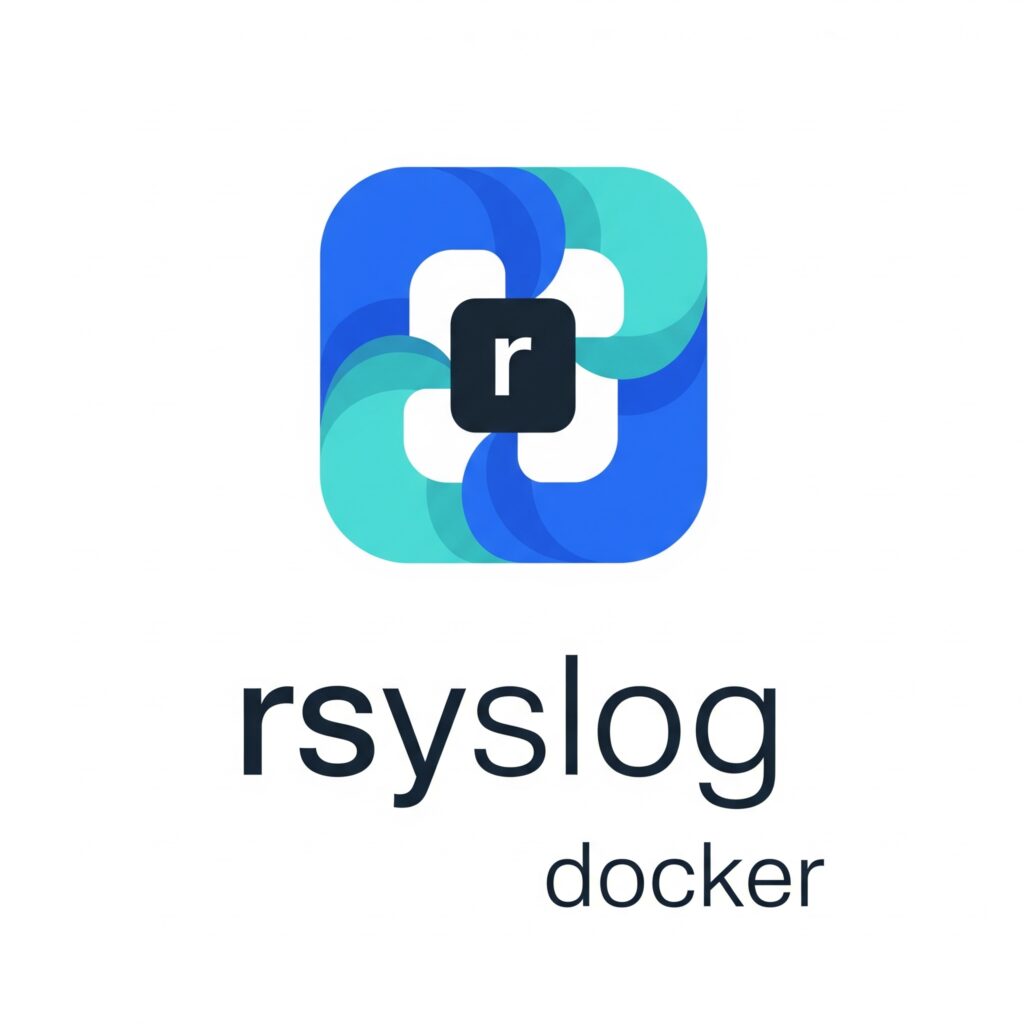Revitalizing Rsyslog with Docker: A New Era of Log Management
We’re excited to announce a renewed focus on the rsyslog Docker project, bringing you robust, flexible, and easy-to-use containerized solutions for your logging needs. This isn’t just a refresh; it’s a reimagining of how rsyslog can integrate into modern, containerized environments.

A Fresh Approach, Built for Today’s Challenges
While we acknowledge that a few community-driven rsyslog Docker implementations exist, and their quality can be mixed, they often cater to very specific use cases. Our approach is much broader. We aim to create a versatile solution for multiple logging scenarios and, more importantly, to rethink rsyslog as an easily configurable, plug-and-play component within a microservice architecture.
Our user-focused Docker images are built on Ubuntu LTS and leverage the Adiscon PPA to ensure you’re always running the latest stable rsyslog versions. We’ve adopted a layered approach, offering runtime configurability to adapt to diverse deployment scenarios.
A Long-Term Vision: This is a long-term project. Our initial focus is on establishing a solid and user-friendly foundation for running rsyslog in containers.
Configuration Made Easy: Rsyslog is known for its configuration complexity. We aim to change that. The container layer will simplify configuration by providing proven configurations for typical use cases, easily enabled via environment variables.
A prime example of this easy deployable functionality is the rsyslog-dockerlogs container. This variant addresses a frequently requested but often difficult-to-implement feature: the direct use of the Docker API and the amendment of logs with rich Docker metadata. Traditionally, this has been challenging for users to install and configure. With our new system, for default use cases, this functionality comes automatically; you just need to set a couple of environment variables.
Note on Stability: Please be aware that configurations and output formats may be unstable in this initial phase as we streamline and refine the system.
Calling All Early Adopters: Your Feedback Shapes the Future
This is a community effort, and we need your help! This new set of user-facing containers is currently under active development. While we’re committed to stability and safety, rapid changes and enhancements are expected. We’re eager to hear from you:
- Test and Explore: Dive into the new images and see how they fit into your workflows.
- Provide Feedback: Encountered an issue? Have a suggestion? Let us know! For now, we’ll be handling all feedback and suggestions directly via issues on our GitHub repository: rsyslog-docker/issues. Your insights are invaluable.
Beyond Logging: Integrating with Analysis Tools
Our vision extends beyond simply containerizing rsyslog. We aim to create a comprehensive logging and monitoring ecosystem. To that end, we’re exploring integrations with powerful analysis tools like Grafana. Imagine a streamlined workflow where you can:
- Collect logs with rsyslog in Docker containers.
- Visualize and analyze that data in real-time with Grafana.
- Gain actionable insights into your systems’ behavior.
This integration will be particularly beneficial for small and medium-sized organizations, offering a cost-effective and efficient way to manage their log data.
Image Variants: Choose the Right Tool for the Job
We offer a range of image variants to suit different needs:
rsyslog/rsyslog:<version>(Standard Image): A general-purpose image with a curated set of commonly used modules.rsyslog/rsyslog-minimal:<version>(Minimal Image): For users who need absolute control over installed components.rsyslog/rsyslog-collector:<version>(Collector Image): Optimized for centralized log ingestion and forwarding.rsyslog/rsyslog-dockerlogs:<version>(Docker Logs Image): Specialized for collecting logs from Docker environments.
Getting Started
Ready to jump in? Check out the Makefile in the /rsyslog path of the repository.
We believe this renewed focus on Docker will unlock new possibilities for rsyslog users. Join us on this journey as we build the future of containerized log management!
